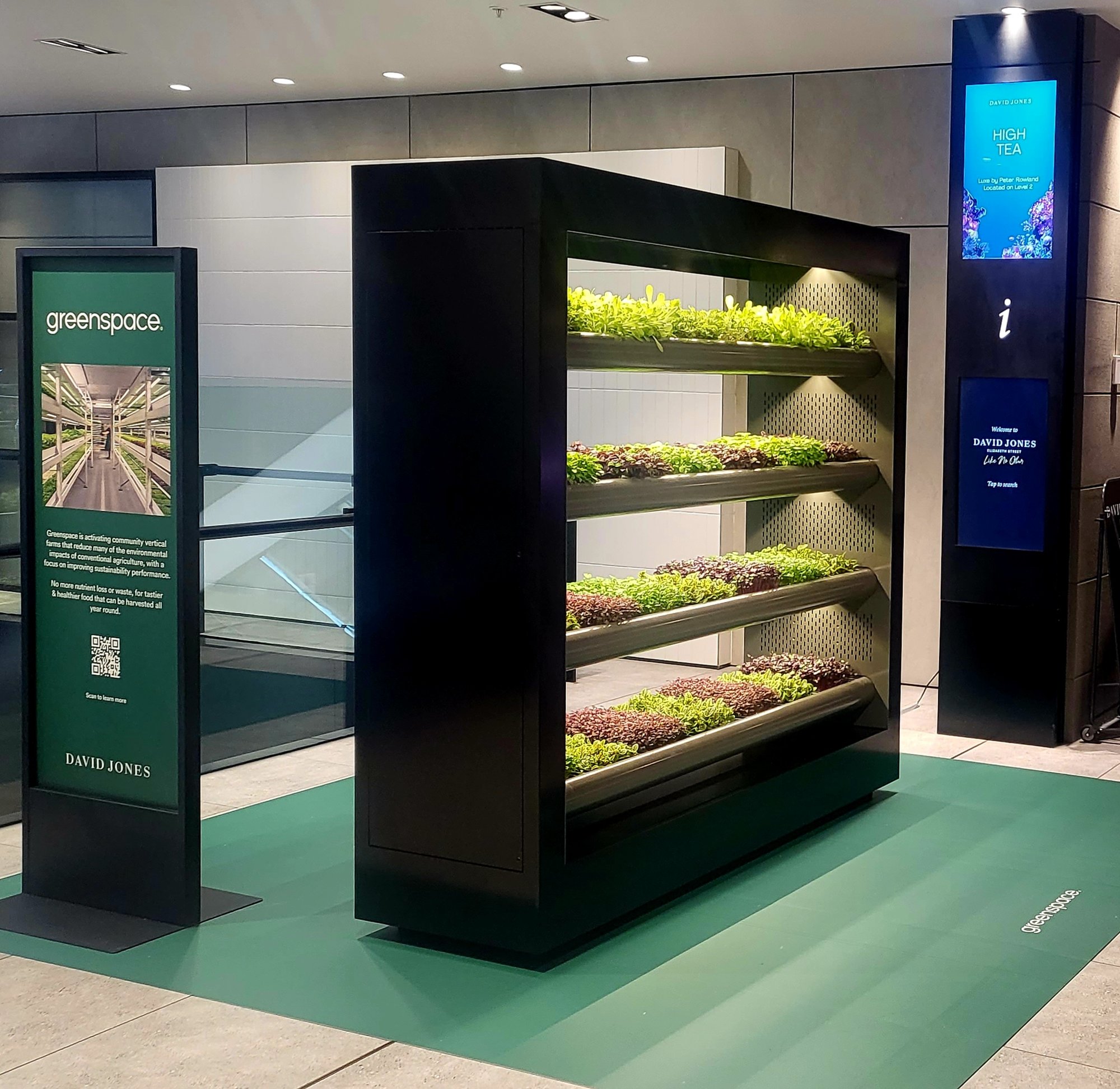ESG

Modern urban life style is associated with chronic stress, insufficient physical activity and exposure to anthropogenic environmental hazards. Urban green spaces, such as parks, playgrounds, and residential greenery, can promote mental and physical health, and reduce morbidity and mortality in urban residents by providing psychological relaxation and stress alleviation, stimulating social cohesion, supporting physical activity, and reducing exposure to air pollutants, noise and excessive heat.
There is a substantial evidence base to show that greenspace is good for us. It is associated with many health benefits, both physical and mental - including reductions in illness and deaths, stress and obesity - and a range of positive social, environmental and equity outcomes.
Providing adequate greenspace within our urban areas is therefore paramount. We need to preserve, enhance and promote existing greenspace and create new spaces.
A recent World Health Organisation (WHO)�report�aims to provide guidance on how to tackle the uncertainties of providing such spaces.
-1.png?width=309&height=52&name=GSPlogoTBG-01%20(7)-1.png)